Publications
Articles, publications, books, tools and multimedia features from the U.S. Institute of Peace provide the latest news, analysis, research findings, practitioner guides and reports, all related to the conflict zones and issues that are at the center of the Institute’s work to prevent and reduce violent conflict.
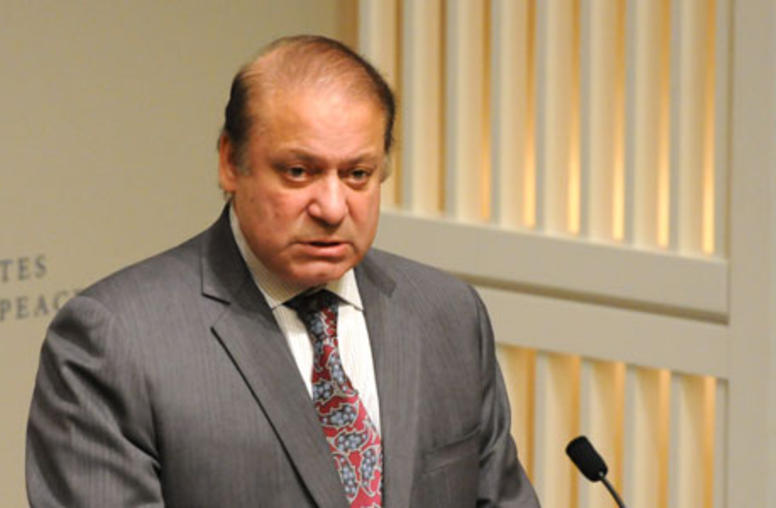
Pakistan Premier Sharif Calls for Trade While Pledging Security Solutions
Pakistani Prime Minister Nawaz Sharif, visiting Washington for the first time since his party won the general election in May, made a pitch for more foreign investment and trade links, saying he’s determined to tackle the domestic and regional security problems that hamper economic growth and development.
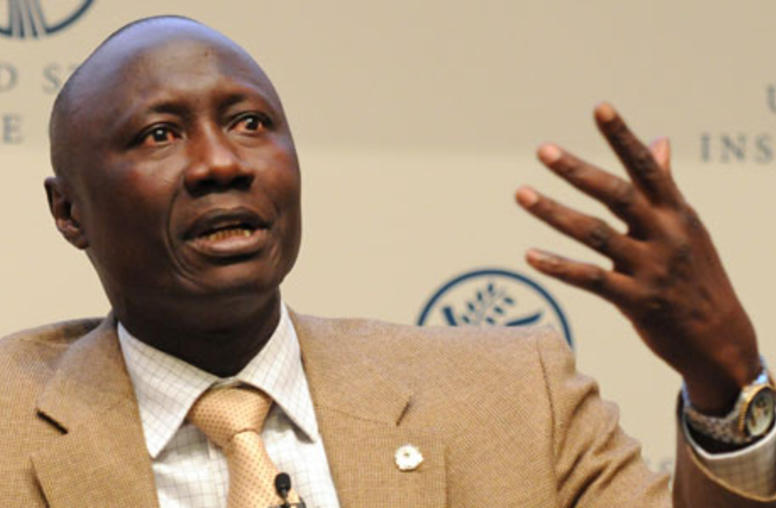
Dying to Be Men: Symposium Digs for Roots of Gender Violence
Colonel Birame Diop is considered a rare success in his family’s neighborhood in Senegal -- a pilot in his country’s Air Force who went on to serve as a top adviser to the Chief of Staff and a global expert on the role of military in society.
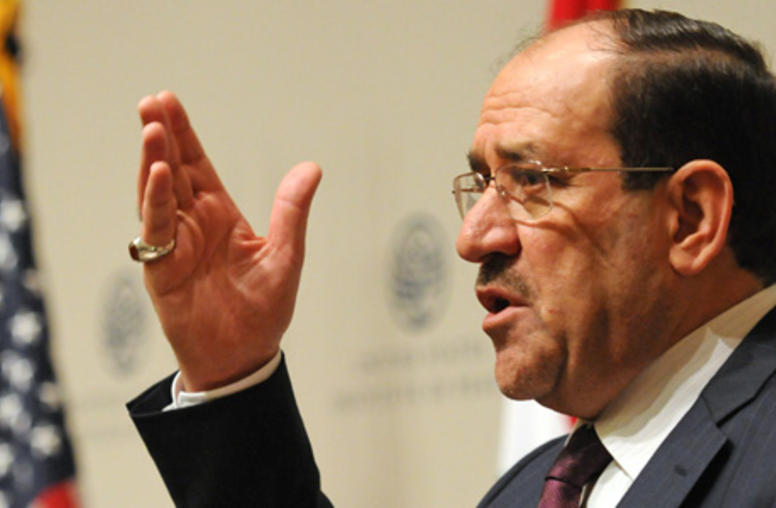
Iraqi Prime Minister Maliki Urges Greater U.S. Support
Iraqi Prime Minister Nouri al-Maliki, in an October 31 address at the U.S. Institute of Peace (USIP) in Washington, called for more support from the United States in countering an ongoing wave of terrorism in Iraq that has been attributed primarily to al-Qaida-backed extremists, as well as for American patience as Iraq tries to build its young democracy amid the country’s deep internal political disputes.
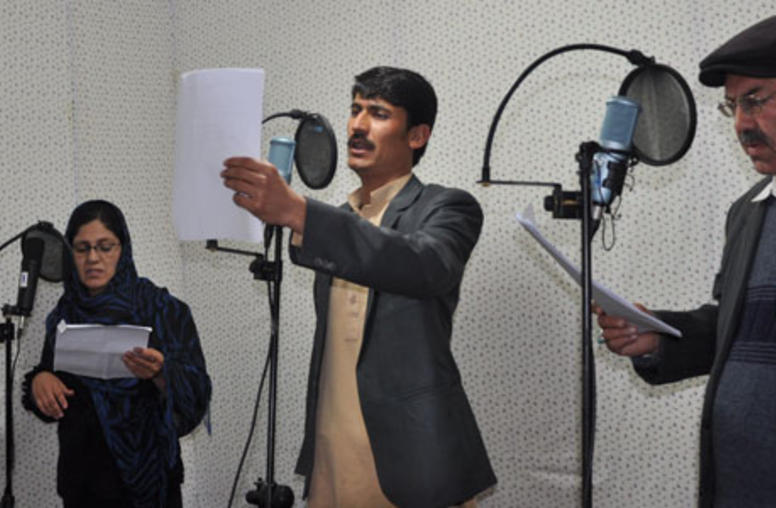
USIP-Supported Afghan Radio Drama Continues with Election Themes
An Institute-supported Afghan radio drama using themes of youth empowerment and the rule of law will continue to be broadcast across Afghanistan through the fall amid initial survey findings that indicate it has gained a wide audience and is encouraging Afghans to consider the implications of the issues raised for their society and young democracy.
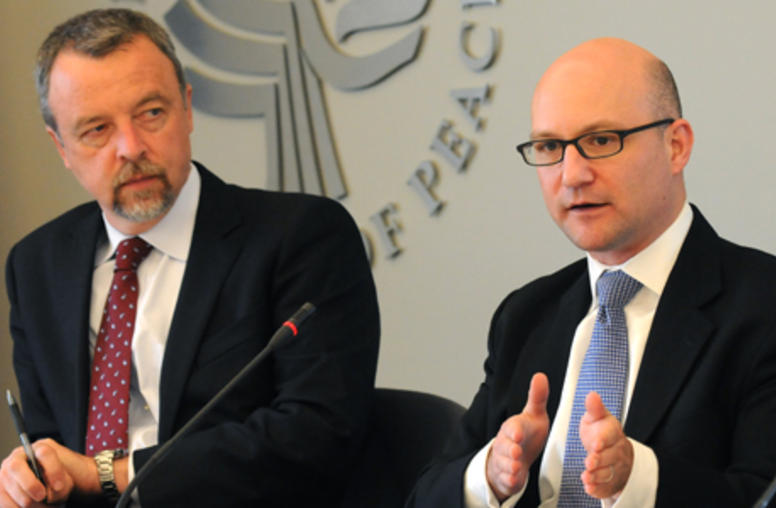
USIP Report Examines Barriers to Dismantling Pakistani Militancy
A new Institute report offers an in-depth look at a security issue still confronting U.S. and other policymakers despite years of effort: the formidable internal obstacles to defeating violent militants in Pakistan.
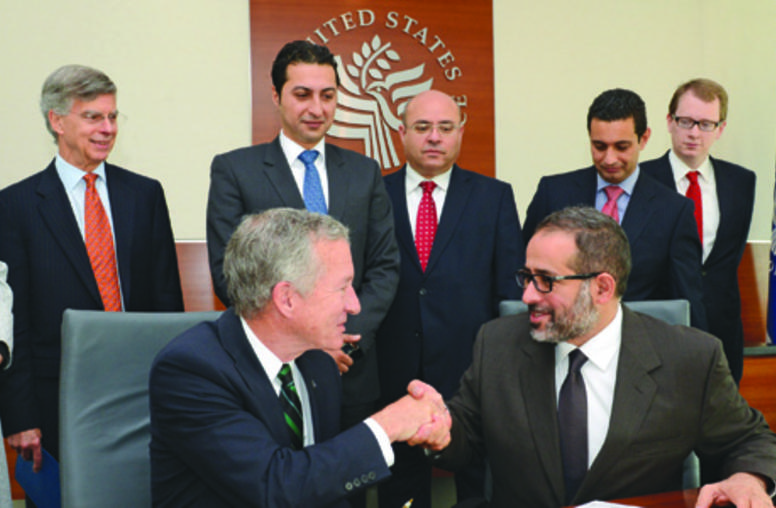
Libya Institute Accord Advances On-the-Ground Work for Transition
The U.S. Institute of Peace entered an agreement today with the Libya Institute for Advanced Studies (LIAS) to consolidate and formalize USIP’s work on the ground in helping strengthen Libya’s governing institutions and civil society.
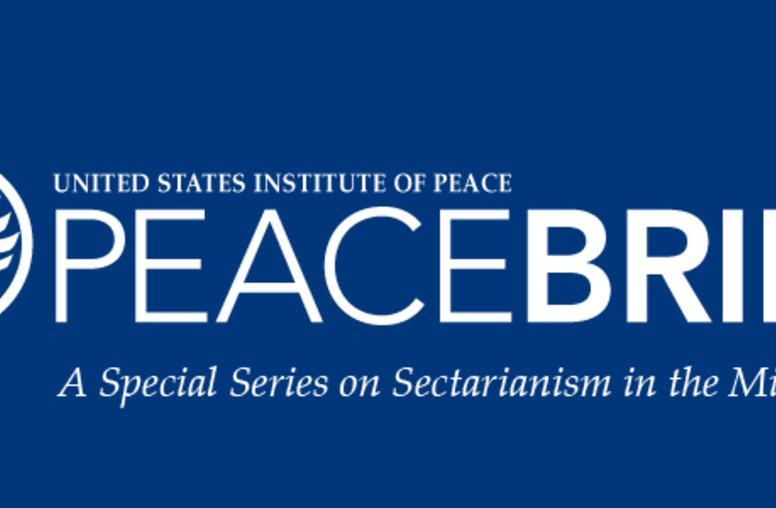
USIP Series on Sectarianism in the Middle East
Over the past decade, sectarian identities have become increasingly important as a source of inter-state and inter-communal tension, regional rivalries, and violent conflicts across the Middle East.
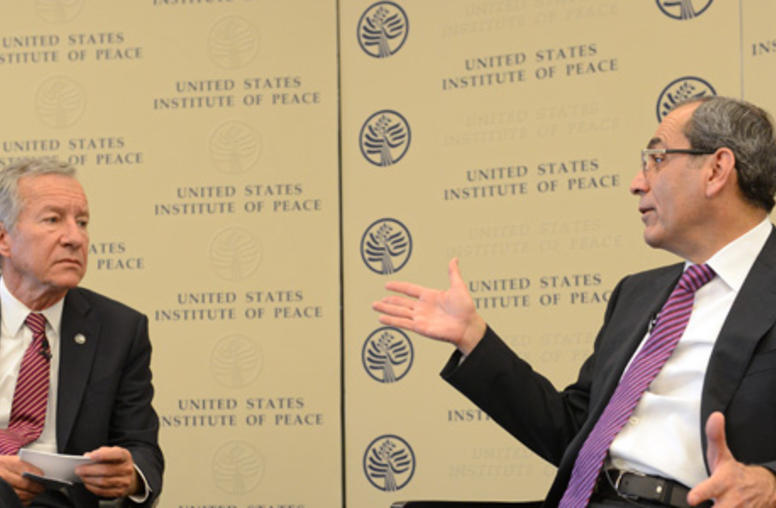
Amid Violence, Egypt’s Interim Regime Faces Skeptics on Pledges of Dialogue
Egyptian Ambassador to the U.S. Mohamed M. Tawfik pledged that his interim government would increase public discussion about a revised constitution in the coming weeks as a 50-member commission finalizes a draft for a planned referendum in December. But amid violence, polarization and intimidation, the co-founder of a civic movement said the interim regime has failed to deliver its promised dialogue.
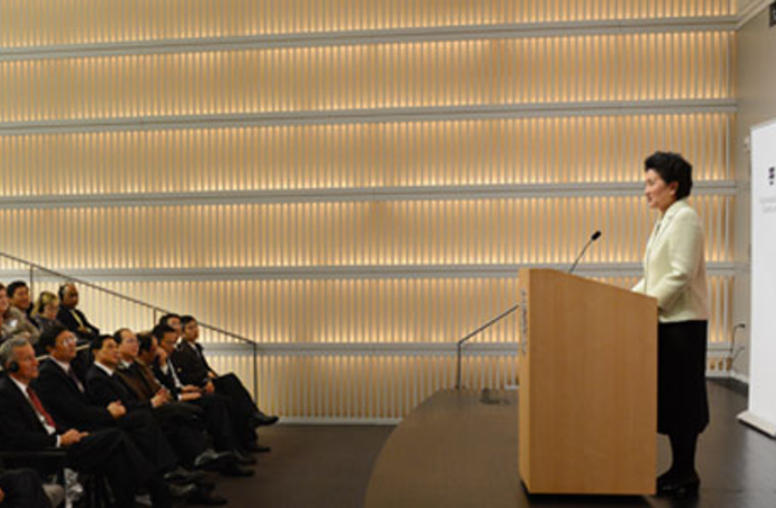
At USIP, Chinese Vice Premier Liu Urges More People-to-People Exchanges
Chinese Vice Premier Liu Yandong remarked, on November 21 at the U.S. Institute of Peace (USIP) in Washington, on the reforms recently launched at a Chinese Communist Party Plenum meeting and called for the continued expansion of people-to-people exchanges as a key contribution to building a new and better type of major-power relationship between China and the United States.
Questions and Answers with Scott Smith, Moeed Yusuf, and Colin Cookman, editors
The editors answer questions about their new book, Getting It Right in Afghanistan. As the United States and NATO prepare to withdraw troops from Afghanistan, the editors and contributors to this volume consider the possibilities for peace between the Afghanistan government and the Taliban. The introduction stresses the importance of using existing knowledge to improve the prospects of the end game in Afghanistan. Despite the body of analysis that USIP and many others have produced, policy...